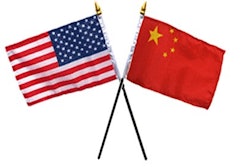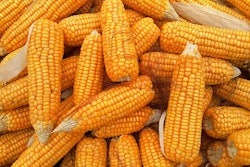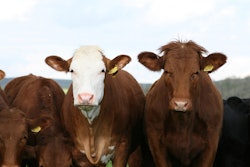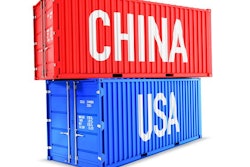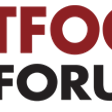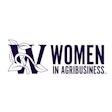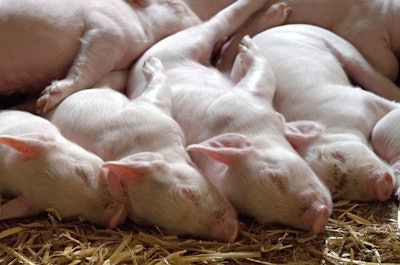
China’s Pork Imports To Peak by 2022
The U.S. Pork Council believes that global protein exporters have three years to make the most of the outbreak from African swine fever (ASF) in China before Chinese pork imports peak.
The U.S. is competing for protein sales into China against suppliers in Europe and South America.
The U.S. Pork Council believes that Chinese pork imports will top out in 2022 as domestic production recovers from ASF.
The U.S. Pork Council believes that China will likely recover from African swine fever by 2027, but production will be 13% below where it was before the country's first case was confirmed in 2018.
FBN’s Take On What It Means: We believe that China’s pork import scenario can be a positive for the U.S. hog producer and corn producer. While the US will have to compete for Chinese market share, year-to-date 2019 pork exports to China have been strong. The September USDA Hogs & Pigs report showed a U.S. hog herd that continues to expand despite the rising strengthening corn prices. More hogs = more corn and soybean meal demand.
Confusion Exists on U.S. Soybean Import Waivers
A cargo of American soybeans booked by a Chinese firm in the hopes it would be exempt from tariffs has been offloaded in China after a week long delay due to a dispute between customs officials over duty payments.
China imposed a 25% tariff on U.S. soybeans in July 2018 and then increased the tariffs to 33% during August 2019.
In October, China offered import tax exemptions to some private and state owned soybean crushers as a sign of goodwill during the trade negotiations.
Apparently, the central Chinese government never made the details of these waivers public, as well as how to implement such waivers.
FBN’s Take On What It Means: We believe that if administration confusion exists about how to treat tariff exemptions of U.S. soybean imports and off-loading delays can become more prevalent, this could be viewed as a potential negative by the futures markets.
The risk of trading futures, hedging, and speculating can be substantial. FBN BR LLC (NFA ID: 0508695)



